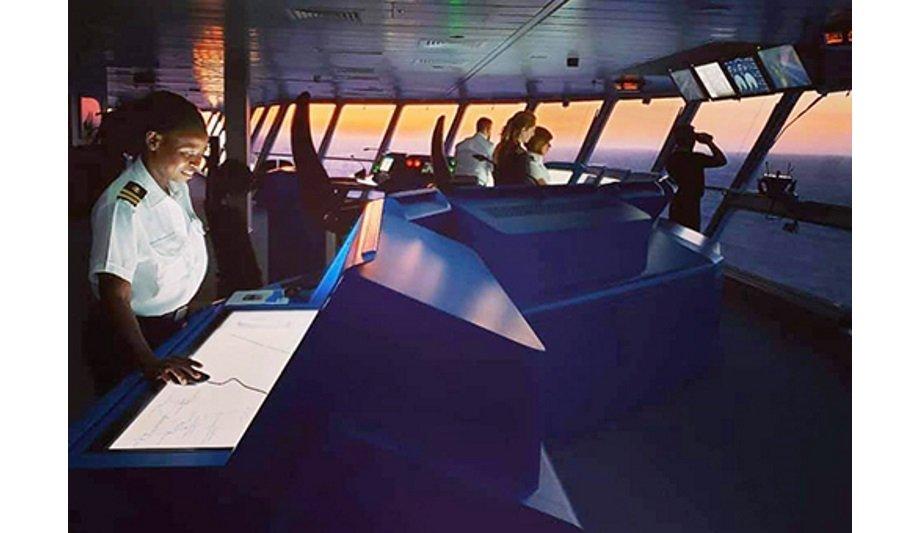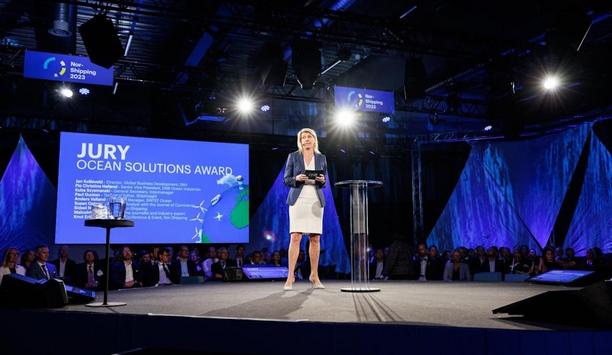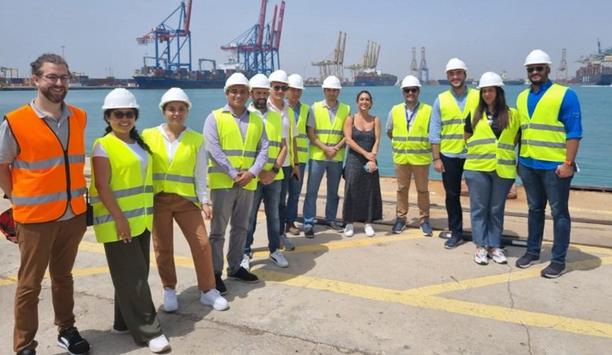‘Navigating the future: safety first!’ has been selected for the International Maritime Organization's 2024 World Maritime Theme, which will culminate in the celebration of World Maritime Day on 26 September 2024.
The theme reflects IMO's work to enhance maritime safety and security, in tandem with the protection of the marine environment, whilst ensuring its regulatory development process safely anticipates the fast pace of technological change and innovation.
Reducing GHG emissions
IMO Secretary-General Kitack Lim said: "This theme would allow us to focus on the full range of safety regulatory implications arising from new and adapted technologies and the introduction of alternative fuels including measures to reduce GHG emissions from ships as IMO strives to ensure the safety and efficiency of shipping are maintained, and potentially improved, so that the flow of seaborne international trade continues to be smooth and efficient."
This theme would allow us to focus on the full range of safety regulatory implications"
Safety has been at the heart of all of IMO's activities since the Organisation was established in 1948. The regulatory framework is continuously evolving as gaps become apparent and as a result of IMO's proactive work to anticipate changes needed to accommodate emerging technologies and innovation – a prominent example being the currently ongoing development of a goal-based Code for maritime autonomous surface ships (MASS Code).
Enhancing customer satisfaction
2024 marks 50 years since the adoption of the 1974 SOLAS Convention, the key IMO treaty regulating maritime safety. Digitalisation and automation are increasingly revolutionising the shipping industry by introducing new technologies that enhance safety, security and efficiency, optimise performance, reduce environmental impact and ensure sustainability.
This is improving the overall efficacy and competitiveness of the shipping industry, making it possible to design, construct and operate ships more efficiently, handle more cargo, reduce costs and enhance customer satisfaction.
Reducing GHG emissions
Shipping transports about 90% of global trade and is the least environmentally damaging mode of transport
Shipping transports about 90% of global trade and is the least environmentally damaging mode of transport. It is manifestly obvious that improving the safety of ships and reducing their greenhouse gas (GHG) emissions go hand in hand – both are critical to achieving a sustainable and efficient maritime industry.
The theme ‘Navigating the future: safety first!’ promotes IMO's ambitious and accelerated GHG reduction policy which includes the assessment of safety risks, that come with the introduction of new and adapted technologies and alternative fuels, and the development of regulatory measures to address and ultimately mitigate those risks.
Resources for sustainable development
The theme is also closely linked to the UN 2030 Agenda for Sustainable Development and several of the UN's Sustainable Development Goals (SDGs), particularly SDG 7 on ensuring access to affordable, reliable, sustainable and modern energy by facilitating access to clean energy research and technology; SDG 8 on promoting sustained, inclusive and sustainable economic growth, full and productive employment and decent work for all; SDG 9 on building resilient infrastructure, promoting inclusive and sustainable industrialisation and fostering innovation; SDG 13 on taking urgent action to combat climate change and its impacts; and SDG 14 on conserving and sustainably using the oceans, seas and marine resources for sustainable development.
The IMO Council, meeting for its 129th session, endorsed the theme following a proposal by IMO Secretary-General Kitack Lim.











